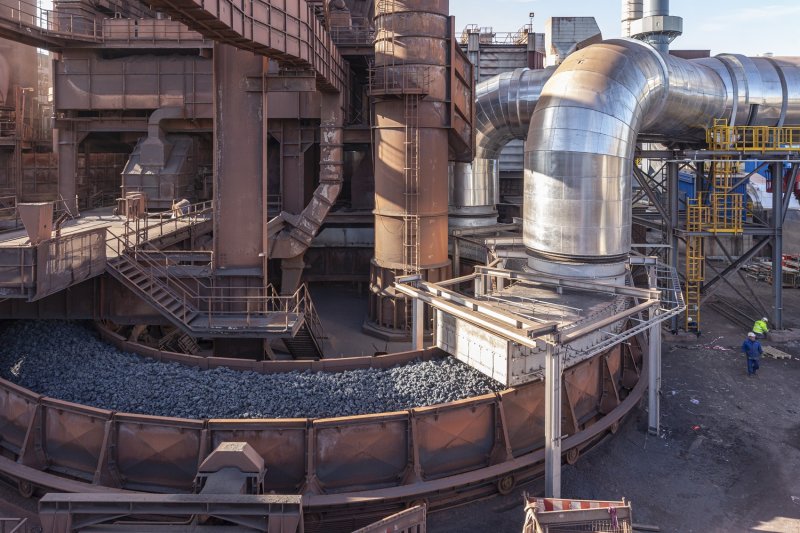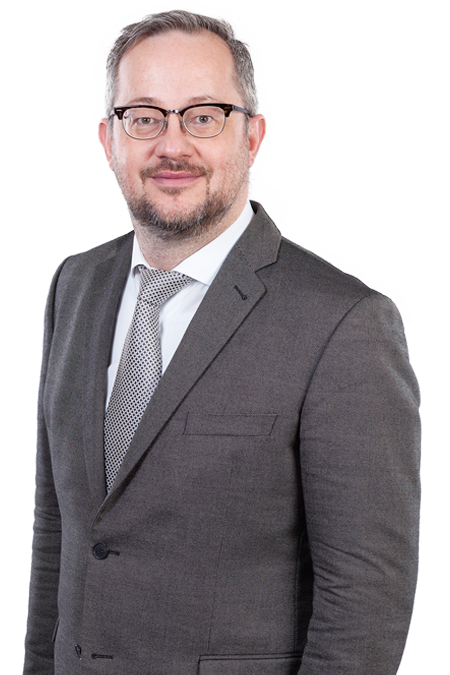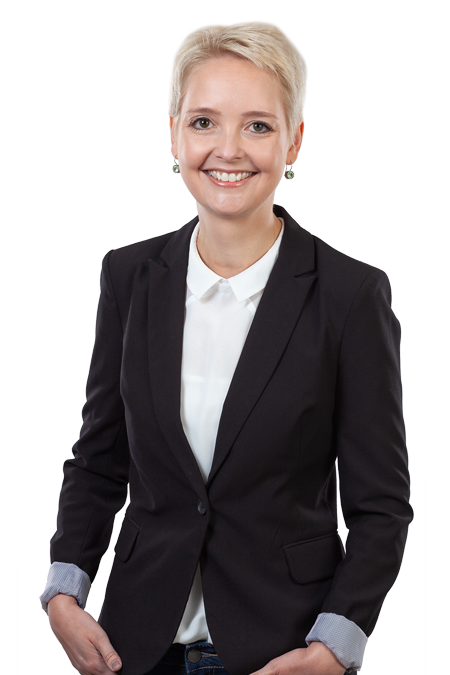The Dillinger Group (Aktien-Gesellschaft der Dillinger Hüttenwerke (Dillinger) with its subsidiaries) achieved a successful financial year in 2021. After two difficult years marked by the pandemic in 2019 and 2020, a significant recovery in the market was experienced. After years of high losses, the company achieved the targeted turnaround and closed 2021 with decidedly positive results. The cost-cutting program initiated in 2019 was implemented quickly and effectively as announced and achieved the defined targets. The final measures of the program will be completed in 2022.
Business performance/Development of sales and earnings figures
Dillinger profited from the strong economy and increased demand from the energy and mechanical engineering sectors. The high demand led to positive price development in the individual segments. The recovery began in the first half of 2021. The driver here was steadily increasing demand for super heavy plate from the offshore wind sector. Demand from other core consumer segments, such as mechanical engineering, steel construction and trade, also continued to rise. Only demand from the line pipe sector continued to decline in 2021. Adapting and making the operating points of Dillinger more flexible created an effective instrument for controlling and quickly adapting production to changes in the market.
Net sales of the Dillinger Group rose by 38.6% to €2.281 billion (previous year: €1.645 billion). EBITDA (earnings before interest, taxes, depreciation and amortization) of the Dillinger Group amounted to €201.1 million (2020: -€68.9 million) and the EBIT, i.e., earnings before interest and taxes, to €80.1 million (2020: -€192.8 million). Investments in the Dillinger Group amounted to €42.2 million (2020: €41.7 million).
Outlook for 2022
The Dillinger Group started the new financial year with good demand and continued high margins. The companies continue to expect good capacity utilization in 2022. However, Russia's attack on Ukraine and the resulting war and its consequences may cause a massive slowdown in economic development and have an impact on businesses. The coronavirus may also continue to influence the economy. Due to this situation, further significant price increases in raw material procurement and energy costs are to be expected. Dillinger will continue to invest in the growing offshore wind segment and is expanding production of super heavy plate for this market.
The path of SHS - Stahl-Holding-Saar and its Dillinger and Saarstahl Groups - to climate-neutral steel
The investments of Dillinger and Saarstahl in 2021 were influenced by the overall pandemic conditions. Even so, the planned projects were successfully completed. In addition to investing in several new cranes at the LD steel plant in Völklingen and the Burbach rolling mill, investments were made in measures to protect the environment and lower carbon emissions. In the area of Zentralkokerei Saar GmbH (ZKS), for example, the high-pressure coke gas scrubbing system was commissioned and the circular cooler dedusting system with heat recovery at sinter plant 3 (investment €28 million) of ROGESA Roheisengesellschaft Saar (ROGESA) – a joint subsidiary of Dillinger and Saarstahl – was completed with the final inspection in September 2021.
Dillinger and Saarstahl are continuing to work toward the goal of carbon-neutral steel production in line with EU climate targets and are initiating the next steps in the transformation. The companies have developed a three-phase strategy to achieve the goal of carbon-neutrality by 2045. An initial project outline for an electric furnace project at the Dillingen plant has already been submitted for evaluation. An interdisciplinary project group has begun work on the transformation project. To ensure that the transformation succeeds, we will increasingly be seeking and establishing a structured dialog with policymakers so that the foundation for success can be established jointly at both the federal and EU levels. There is an urgent need to quickly ensure entry into the industrial ramp-up of the transformation by creating appropriate policy framework conditions. Clarity must therefore be achieved quickly on a number of points. EU emissions trading must be adapted to the requirements of the transformation. What is required is reliable carbon leakage protection with the cost-free allocation of certificates as a central instrument in the ramp‑up phase until 2030.
Dr. Karl-Ulrich Köhler is nevertheless optimistic: “The products of Dillinger and Saarstahl are already part of the energy and mobility transition today. We will continue to systematically develop along this path. We will continue to pursue the path to climate-neutral production and achieve the next milestones along the way. The transformation is the greatest challenge of our time. If we succeed in creating the urgently needed framework conditions together with policymakers in Germany and Europe, we will meet this challenge and achieve success.”

Dillinger and Saarstahl invested €28 million in the environmental project for a new circular cooler dedusting system with integrated heat recovery system.
© Uwe Braun/ SHS – Stahl-Holding-Saar


Aktien-Gesellschaft der Dillinger Hüttenwerke, Werkstraße 1, 66763 Dillingen/Saar, Telefon: +49 6831 47 0, Telefax: +49 6831 47 2212, Sitz: Dillingen/Saar, Registergericht: Amtsgericht Saarbrücken HRB 23001, Vorsitzender des Aufsichtsrats: Reinhard Störmer, Vorstand: Stefan Rauber (Vors.), Joerg Disteldorf, Daniël Nicolaas van der Hout, Dr. Peter Maagh, Markus Lauer, Jonathan Weber
Imprint
Privacy policy
Copyright © 2016 Dillinger. All rights reserved.
Imprint
Privacy policy
Copyright © 2016 Dillinger. All rights reserved.

